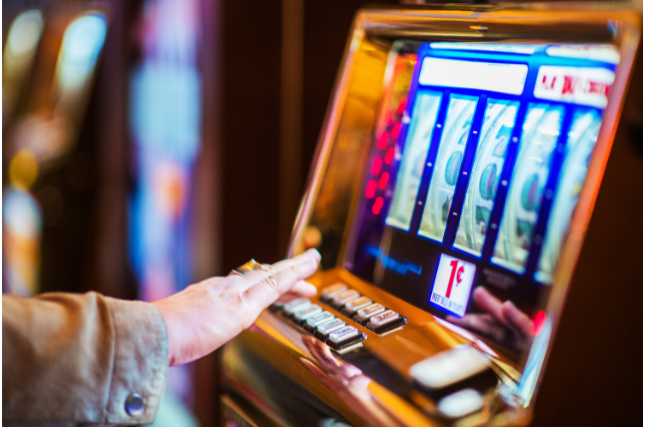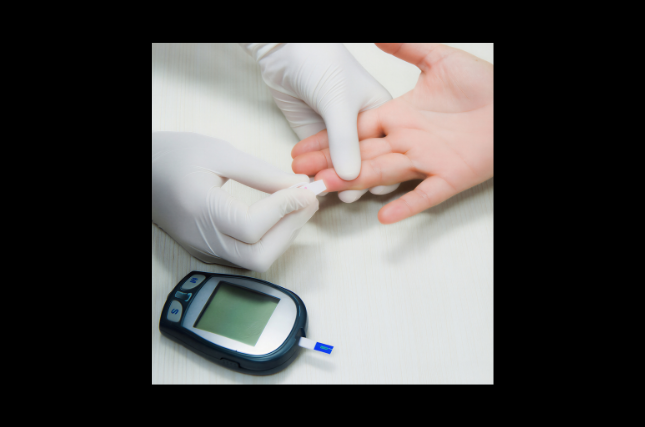
September 25, 2025 – Two years after the October 7 terrorist attacks and the war that followed, the psychological toll on Israelis is still surfacing in unexpected places: online casinos, lottery booths, and sports betting apps.
A new study led by Prof. Mario Mikulincer and Dr. Uri Lifshin of the Israel Center for Addiction and Mental Health (ICAMH) at the Hebrew University of Jerusalem (HU), alongside a team of researchers from across Israel’s universities and medical centers, finds that Israeli men with difficulties in managing their emotions were significantly more likely to develop gambling problems in the months following October 7. The longitudinal study, published in the Journal of Gambling Studies, tracked nearly 900 Jewish Israeli adults before and during the war, revealing a sharp rise in problem gambling among men who reported trouble regulating emotions.
For many, gambling became a way to cope with fear, grief, and the unrelenting uncertainty of war. “We found that men who already struggled with emotion regulation were more vulnerable,” said Prof. Mikulincer. “The trauma of October 7 intensified that risk, pushing some toward gambling as a way to escape.”
The findings paint a complicated picture: while gambling increased for those previously unaffected, some who had already been struggling with gambling saw their behavior decrease during the crisis. Researchers suggest that the immediacy of survival and collective responsibility may have forced high-risk gamblers to redirect their attention.
Still, the broader conclusion is stark. National traumas reverberate not only in public grief and commemoration but in private acts of coping that can quietly spiral into harm. Gambling, often seen as entertainment, became—especially for some men—a maladaptive outlet for processing trauma.
As Israel marks the second anniversary of October 7, the study underscores how deeply the attack continues to shape daily life. It serves as a reminder that the war’s legacy is not only written in loss and memory, but also in the hidden struggles of those still searching for ways to manage their pain.
“Collective traumas do not vanish when the fighting stops,” Prof. Mikulincer said. “They linger in our minds, our relationships, and in the choices people make to endure another day.”
The research paper titled “Gambling in the Shadow of War: Evidence of Increased Problem Gambling for Men with Difficulties in Emotional Regulation During a Mass Trauma” is now available in the Journal of Gambling Studies and can be accessed here.
Researchers:
Uri Lifshin1, Hagit Bonny-Noach2, Vera Skvirsky1, Dvora Shmulewitz1, Merav Vider1, Ariel Kor3, Shaul Lev-Ran4,5, Mario Mikulincer1
Institutions:
- Department of Psychology and Azrieli Israel Center for Addiction and Mental Health, The Hebrew University of Jerusalem
- Department of Criminology, Ariel University
- Faculty of Medicine and Azrieli Israel Center for Addiction and Mental Health, The Hebrew University of Jerusalem
- Lev Hasharon Medical Center, Netanya
- Faculty of Medicine and Health Sciences, Tel Aviv University




